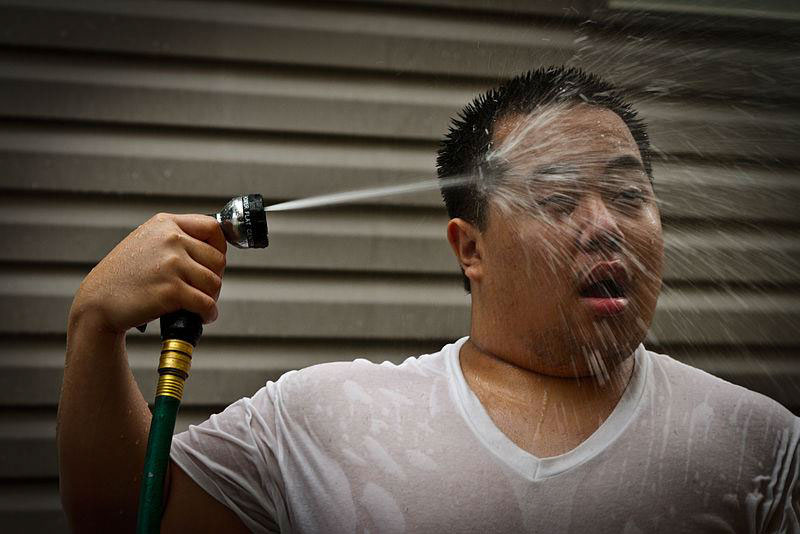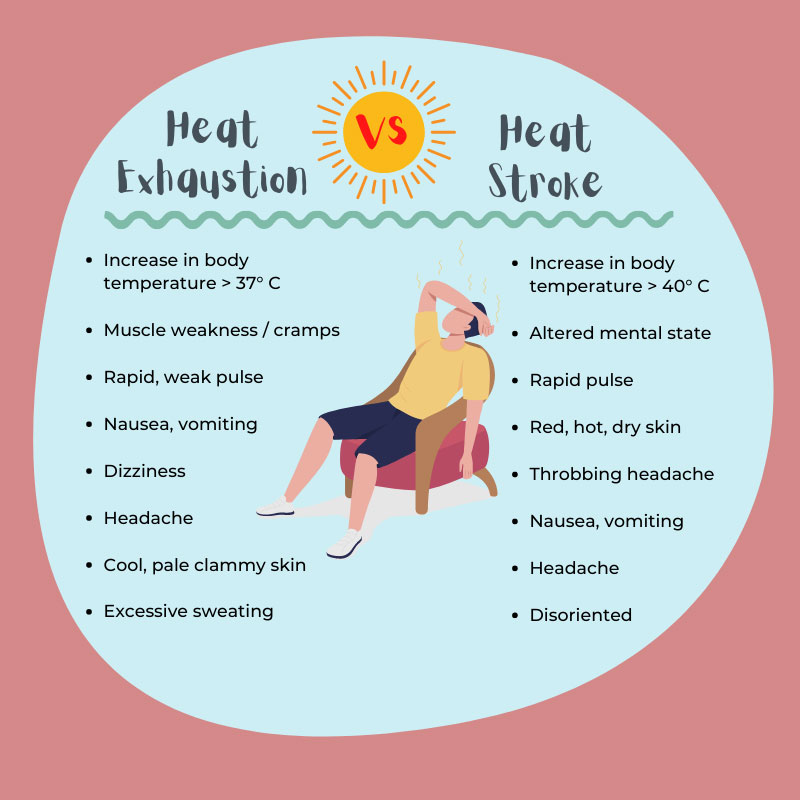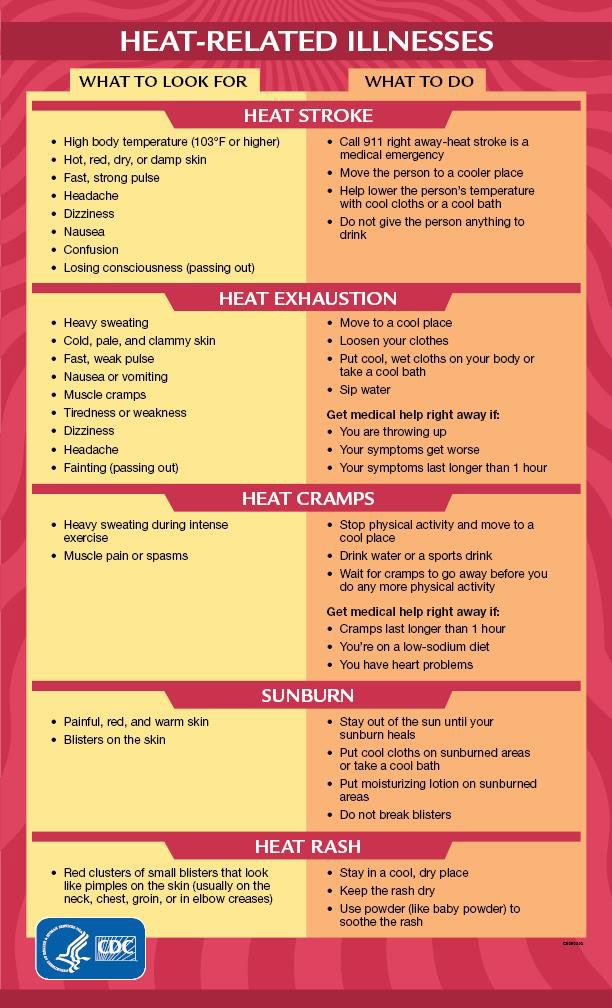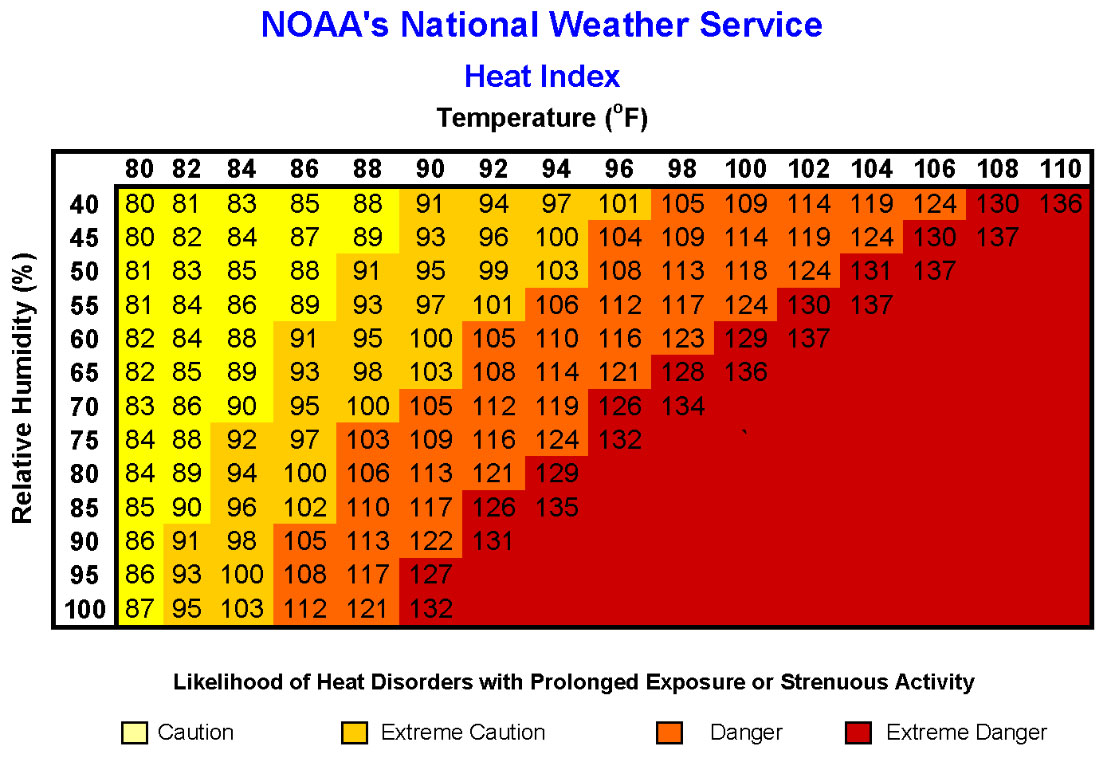Joseph R. Anticaglia MD
Medical Advisory Board
The recent heat wave has placed climate change on the front burners of public health officials across the globe. Record temperatures in many parts of the world has scorched the earth leaving in its wake droughts, fires, famine and deaths. In July of 2022, more than 20 states in America have recorded more than 200 high temperatures breaking heat records in the process. Government and state agencies have issued guidelines to prevent heat related illness.

Tips for Preventing Heat Related Illness (CDC)
Fluids
- Drink more fluids (non-alcoholic), regardless of your activity level. Don’t wait until you’re thirsty to drink. Warning: If your doctor generally limits the amount of fluid you drink or has you on water pills, ask how much you should drink while the weather is hot.
- Don’t drink liquids that contain alcohol or very sugary drinks — these cause you to lose more body fluid. Also, avoid very cold drinks, because they can cause stomach cramps.
- Heavy sweating depletes the body of salt and minerals. Consider using a sports-like drinks to replace salt and minerals.
- Keep your pets hydrated
Indoors
- Stay indoors and, if possible, stay in an air-conditioned place. If your home does not have air conditioning, spend a few hours in a shopping mall, public library, or a heat-relief shelter in your area. Remember to wear an appropriate mask while indoors
- Electric fans may provide comfort, but when the temperature is in the high 90s, fans will not prevent heat-related illness. Taking a cool shower or bath or moving to an air-conditioned place is a much better way to cool off.
Check regularly on high risk people:
- Infants and young children
- People aged 65 or older
- People who have a mental illness
- Those who are physically ill, especially with heart disease or high blood pressure
- Visit at-risk adults at least twice a day and watch them for signs of heat exhaustion or heat stroke. Infants and young children, of course, need much more frequent attention.
If you must be out in the heat:
- Limit your outdoor activity to morning and evening hours
- Cut down on exercise. If you must exercise, drink more nonalcoholic fluids each hour. A sports beverage can replace the salt and minerals you lose in sweat. Warning: If you are on a low-salt diet, talk with your doctor before drinking a sports beverage.
- Try to rest often in shady areas
- Protect yourself from the sun by wearing a wide-brimmed hat (also keeps you cooler) and sunglasses and by putting on sunscreen of SPF 15 or higher (the most effective products say “broad spectrum” or “UVA/UVB protection” on their labels).
- Wear lightweight, light-colored, loose-fitting clothing.
- If you’re driving, NEVER leave anyone (or a pet) in a closed, parked vehicle.
Stay informed
- Check for weather updates on your TV or radio.
- Know where cooling shelters are in your area.
- Use the Buddy system to check in on neighbors or ask how co-workers are feeling in the heat?
- Learn the signs and symptoms of heat-related illnesses and how to treat them.

Signs and Symptome of Heat Illness

Heat Stroke can cause brain dysfunction or death and it is preventable. Best outcomes involve early recognition of the problem and rapid initiation of cooling. Any cooling method is the best choice, if it is done rapidly without harming the person.
References
- CDC; Tips for Preventing Heat Related Illness; Center for Disease Control, National Center for Environmental Health’s Health Studies Branch, June 19,2017
- Joseph R. Anticaglia, MD; Heat Stroke and Related Heat Illnesses How To Keep Your Cool During Heat Waves; Doctor’s Column HC Smart, 2021
Addendum

This article is intended solely as a learning experience. Please consult your physician for diagnostic and treatment options.

